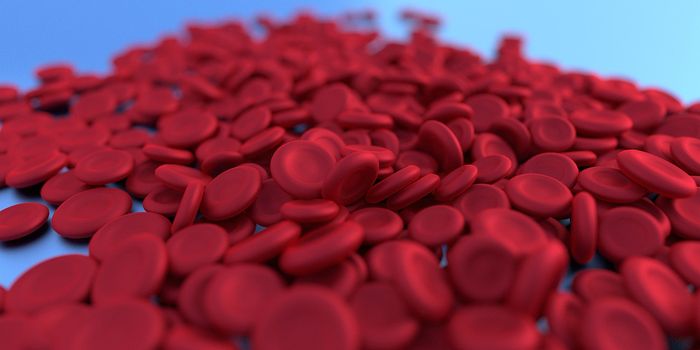Adding Dual Immunotherapy to Chemoradiation for Treating Rectal Cancer
Immune checkpoint inhibitors (ICIs) have revolutionized the field of cancer immuno-oncology. ICIs act on cancer cells by blocking the interaction between immune checkpoint proteins on immune cells and their receptors on cancer cells. By interfering with this connection, ICIs prevent the checkpoints from regulating, or dampening, the immune response. This results in more sustained anti-tumor immunity.
While these approaches generate durable responses in some patients with late-stage, difficult-to-treat cancers, research to extend the benefits of these drugs to more patients remains critical. Treating patients with a combination of two different immunotherapies, thus targeting two separate checkpoint pathways, represents one approach successful in treating several types of solid tumors, including melanoma. Preclinical and clinical work investigating the synergy between ICIs with radiotherapy and chemotherapy has also shown promise.
As radiotherapy and chemotherapy destroy tumor cells, they offer a promising combination with immune-based approaches, as fragments of dead tumor cells can help activate the anti-tumor immune response. A recently completed clinical trial (NCT04124601) explored the effects of an anti-cancer regimen of neoadjuvant chemoradiotherapy followed by dual ICI. The results of the phase two study, recently published in JAMA Network Open, show this combination has promise for treating rectal cancer.
The study included 80 rectal cancer patients, with 30 receiving chemoradiation and 50 receiving chemoradiation plus dual ICI. The researchers investigated the feasibility of this approach by comparing differences in surgical complication and reoperation rates, which did not differ between groups. Further, pathological response rates remained similar in patients receiving chemoradiation alone or with ICI. Those receiving chemoradiation with dual ICI achieved a 12% higher complete response, which refers to the absence of any detectable cancer cells in the body, than those receiving chemoradiation alone, a modest, yet not statistically significant increase.
The study shows that adding two ICIs to neoadjuvant chemoradiation could provide a safe and feasible approach to treating rectal cancer. The authors conclude that this treatment combination holds significant potential and warrants further study to optimize the timing, scheduling, and dosing of chemoradiotherapy and immunotherapy.
Sources: NEJM, Trends Cancer, Cancers, JAMA Network Open









